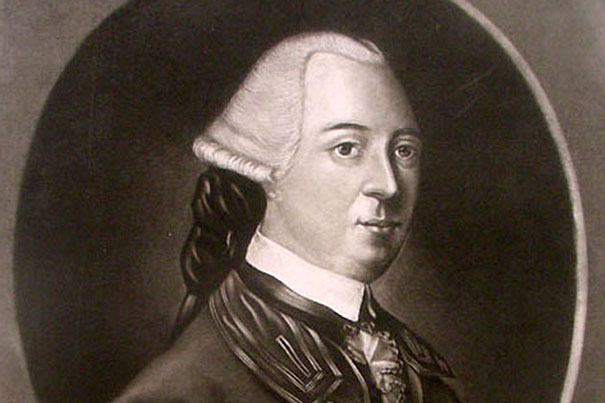Arts & Culture
-

Live fast, die young, inspire Shakespeare
Stephen Greenblatt finds a tragic strain in the life and work of Christopher Marlowe
-

Steve McQueen could lecture you, but he’s got other plans
‘I think the audience needs more, and I feel I need to give more,’ says award-winning filmmaker — presenter of this year’s Norton talks
-

Marking 100 years of Norton Lectures
Panelists reflect on ‘incredible value’ of annual series as ‘megaphone’ for artists and scholars
-
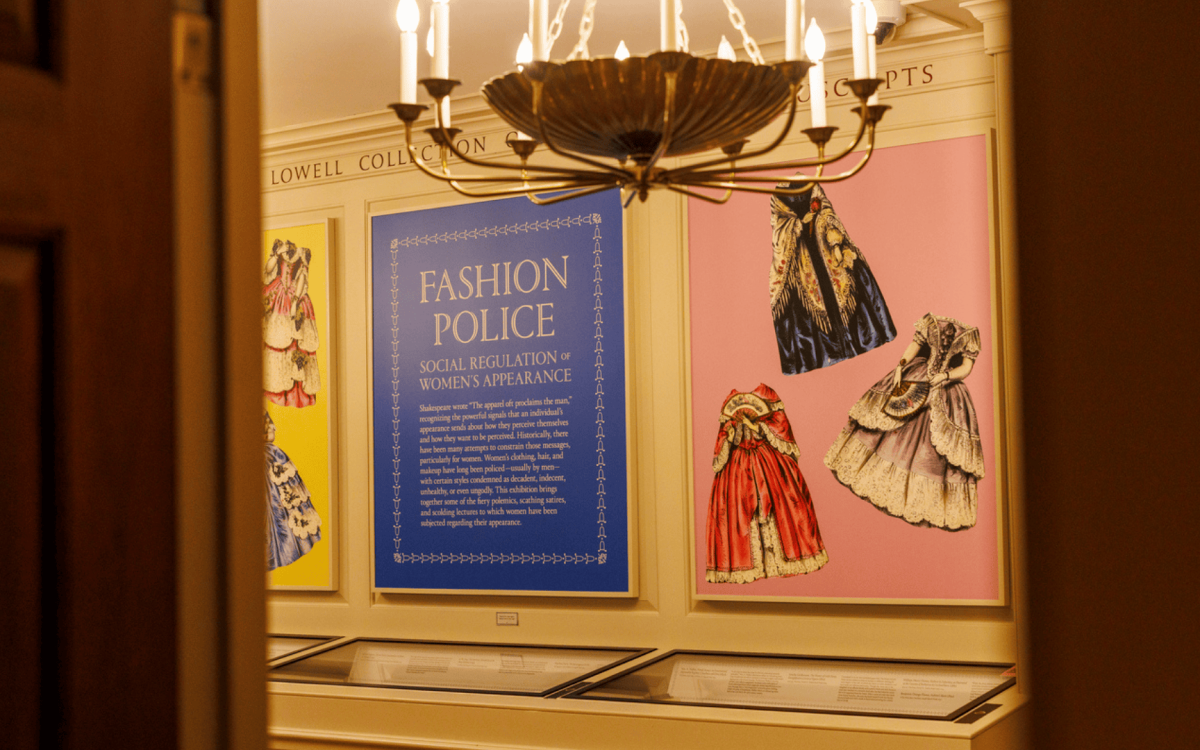
How fashion police have been walking beat for centuries
Houghton Library exhibit highlights the policing of women’s fashion since the 17th century.
-
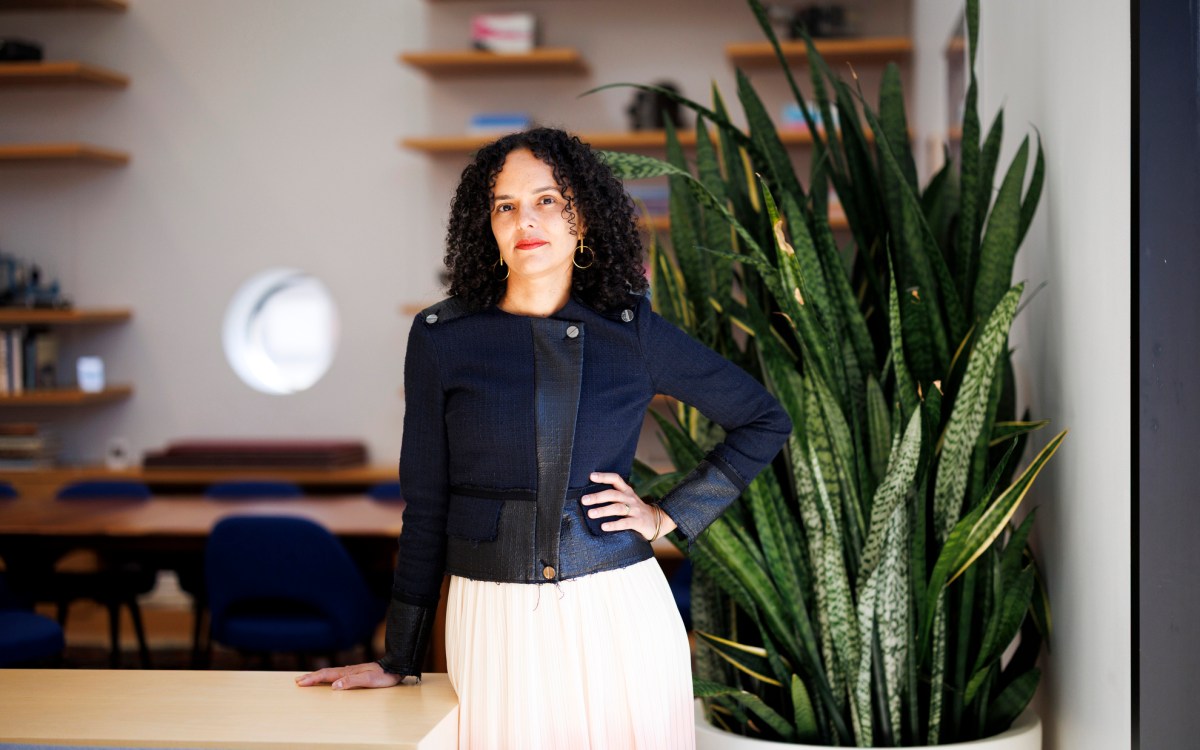
Seeing what you see
New faculty Cécile Fromont is a visual problem solver
-
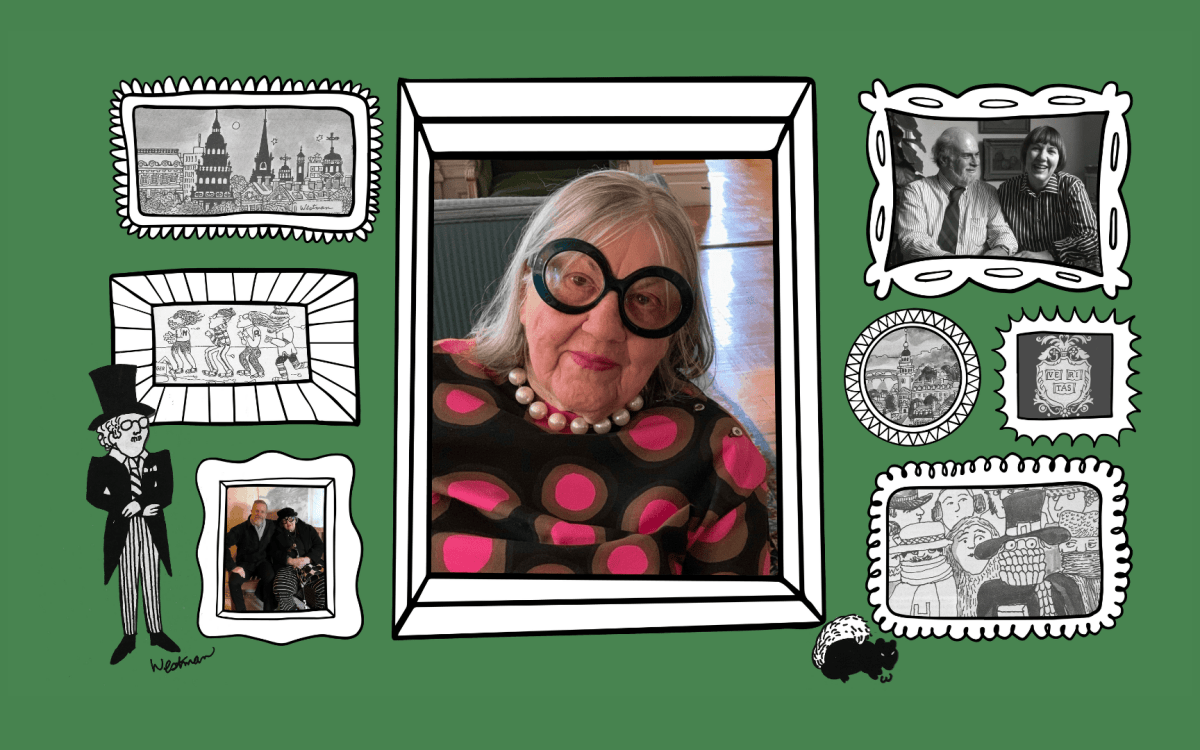
Her Cambridge iconography made her a local icon
Before New Yorker covers, Barbara Westman created colorful visions of campus as Gazette’s first staff artist
-
Colonial Korea, revealed
The Graduate School of Design hosted a conference on the history of Korean architecture, which still lingers in the shadow of Japanese modernism.

-
At Du Bois awards, the stars aligned
The six medalists at the W.E.B. Du Bois awards included a White House adviser Valerie Jarrett, playwright Tony Kushner, U.S. Rep. John Lewis, Associate Justice of the U.S. Supreme Court Sonia Sotomayor, the commissioner of the NBA David Stern, and Hollywood director Steven Spielberg.
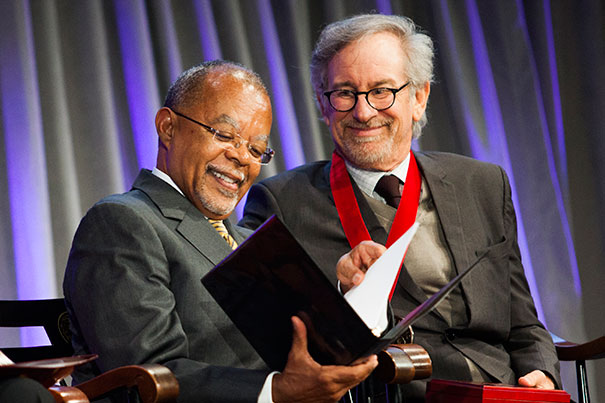
-
The jazz orchestra, brick by brick
Jazz trumpeter and composer Wynton Marsalis and his Jazz at Lincoln Center Orchestra treated a Sanders Theatre audience to a master class Thursday evening that re-created a pivotal quarter century of jazz innovation.
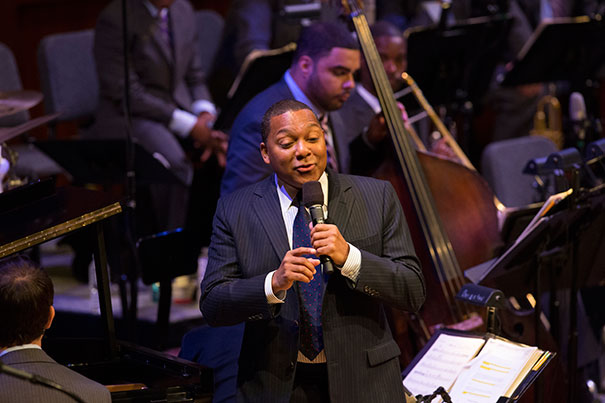
-
The shape of things to come
The Office for the Arts’ Ceramics Program, one of Harvard’s longest and most celebrated, moved this month from its home of 26 years at 219 Western Ave. in Allston just a few blocks down to 224.

-
Social justice at the A.R.T.
From a world premiere musical about U.S. aid work in Africa to a girl struggling to cope with her dysfunctional family, the American Repertory Theater’s lineup for this season revolves around the theme of justice.

-
The modern opens the past
In the inaugural lecture of a series organized by Harvard’s Digital Futures consortium, data-publishing entrepreneur Eric Kansa lays out a case for archaeology to “get on the map” of disciplines sharing data widely on the Web.
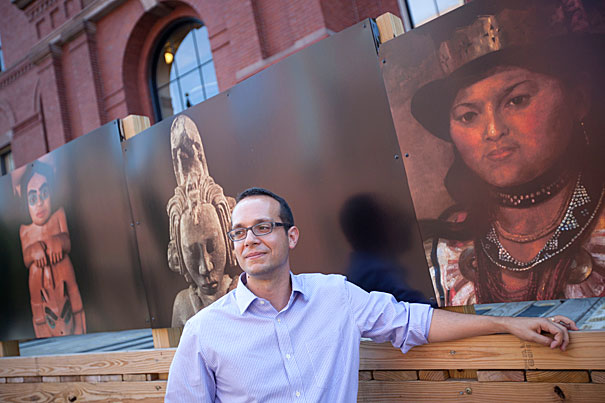
-
Harvard’s Indian College poet
With the discovery of a poem missing for 300 years, two Harvard graduate students have filled in some missing blanks on Benjamin Larnell, the last student of the colonial era associated with Harvard’s Indian College.

-
Peering into the Fogg
Harvard Art Museums officials offered an early look at the progress of the renovation and expansion project that will unite the Fogg, Busch-Reisinger, and Sackler museums under one roof.

-
Club Passim plays to its Harvard audience
Club Passim remains a vital part of the Harvard Square scene, as well as a venue that has attracted Harvard students for decades.
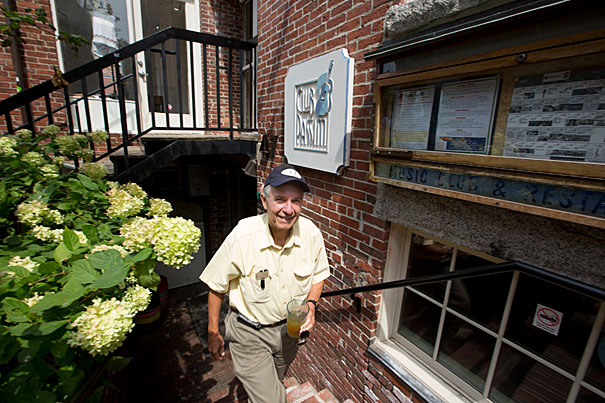
-
On closer inspection, not such a plain Jane
In her latest work, “Book of Ages: The Life and Opinions of Jane Franklin,” Jill Lepore, a professor of U.S. history at Harvard and a staff writer for The New Yorker, brings Benjamin Franklin’s sister out of history’s fog and into the open.
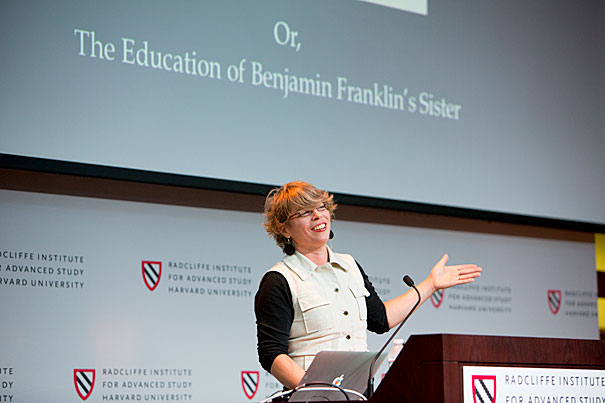
-
Six artists, teaching and creating
Following tradition, Harvard’s Department of Visual and Environmental Studies is hosting visiting faculty, six artists this year. Talks have been scheduled through November. The opening reception is Sept. 12.

-
Wynton Marsalis to continue lecture-performance series
Wynton Marsalis will continue his lecture series this month, featuring the Jazz at Lincoln Center Orchestra at Sanders Theatre on Sept. 26.
-
‘All the Way’ to A.R.T.
Award-winning director Bill Rauch ’84 has returned to Harvard to present the play “All the Way,” a powerful examination of President Lyndon B. Johnson, civil rights leader Martin Luther King Jr., and the critical events leading up to the passage of the Voting Rights Act of 1964. The show will open the American Repertory Theater’s season.

-
Zines were the scene
Two Harvard undergrad spent the summer at Widener Library working with a newly acquired collection of zines, the self-published, self-distributed counterculture voices of the 1980s and early ’90s.

-
Food, gender, culture
Harvard Summer School is big, young, diverse, and challenging — qualities summed up nicely by a course on food, gender, and American culture.

-
Light, bright, and modern
The strikingly modernist Carpenter Center, which turned 50 this year, was Le Corbusier’s only building in North America and was the last major project of his life. This video explores the building’s color palette.
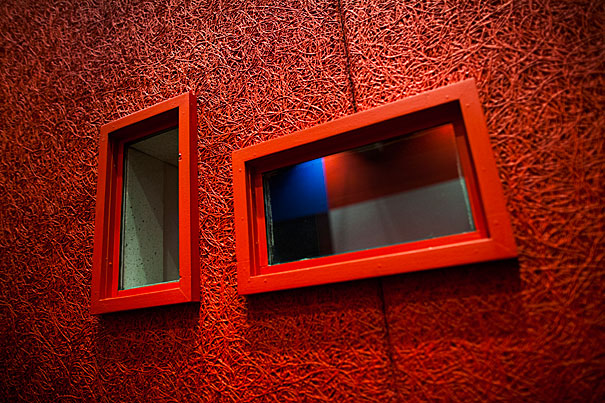
-
Harvard’s gates, on the screen
The Nieman Foundation’s first e-book explores the history, mystery, and magic of the gates surrounding Harvard Yard.
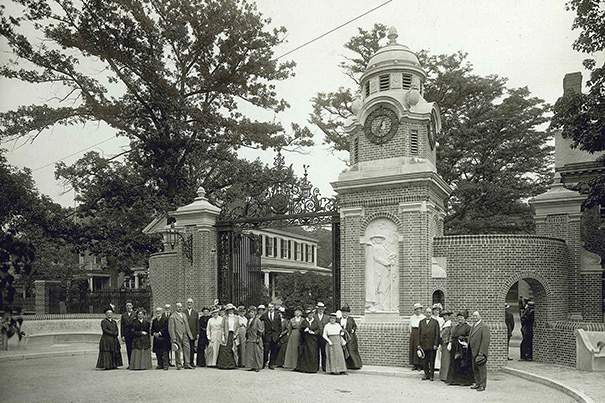
-
The rote notes of early U.S. law
The Harvard Law School Library has digitized law student notebooks from 200 years ago, giving online readers a glimpse at legal education in the young United States.
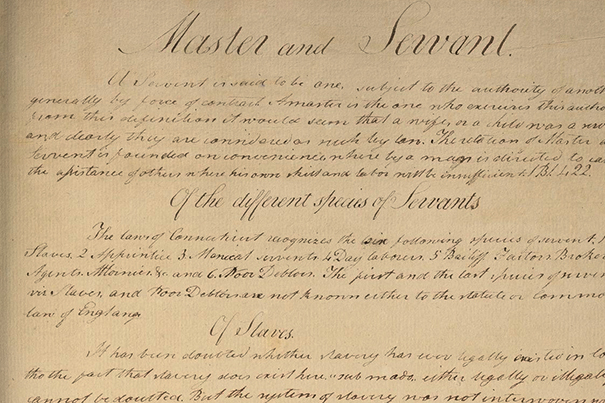
-
Oscar winner Matt Damon on his Harvard years
Actor Matt Damon, former Harvard College student and winner of the 2013 Harvard Arts Medal, talks of his time on campus, his lifelong desire to be an actor, and how a College playwriting course assignment later turned into the Academy Award-winning screenplay for “Good Will Hunting.”

-
Sneakers, flip-flops, stilettos
This summer, dance students are learning how to swing, tango, salsa, and waltz, thanks to classes offered by Harvard Ballroom, a nonprofit, student-run dance organization that offers social dance classes throughout the year.
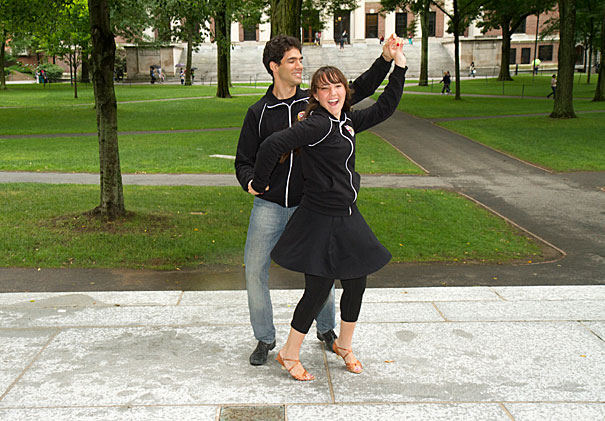
-
A woman’s endless work
Author Claire Messud discussed her latest novel during an appearance at Harvard as part of the Writers at Work series. “Midlife hits people at different times,” said Messud, a former Radcliffe Fellow. “That moment you realize life is finite, it has a horizon.”
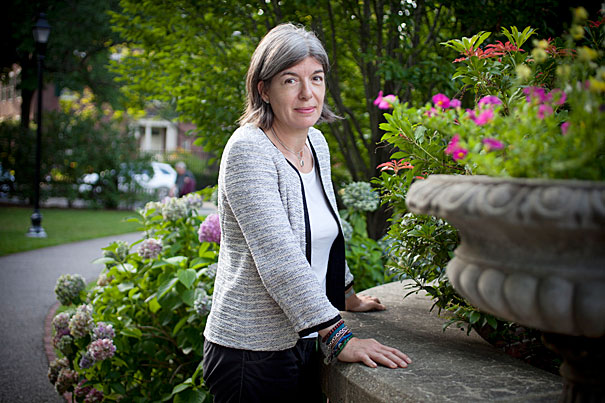
-
Boston, hotbed of anti-slavery
A Houghton Library exhibit, the work of students, takes in Boston’s sweeping role in ending slavery in America.
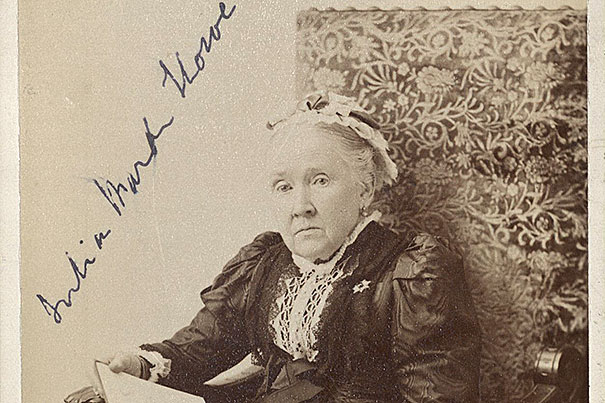
-
A year set to music
Matt Aucoin has been busy since graduating from Harvard last year. The young conductor and composer splits his time among Europe, New York, and Chicago, and is working on a Civil War-themed opera for the American Repertory Theater.
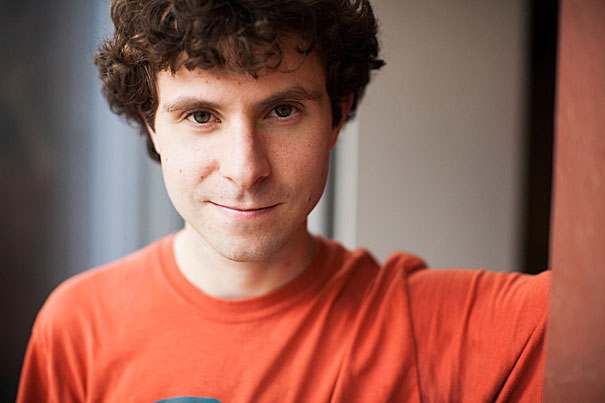
-
On the lighter side
Harvard’s true color might be crimson — but beauty can be found in the neutral palette of the campus.

-
Roles of a lifetime
To mark the 100th birthday of screen legend Burt Lancaster, the Harvard Film archive launches a retrospective that samples his decades of great movies.

-
Revolutionary discovery
Harvard’s Houghton Library recently uncovered documents from 1767 that foreshadow the American Revolution: eight sheets of signatures — more than 650 in all — protesting Colonial taxation.
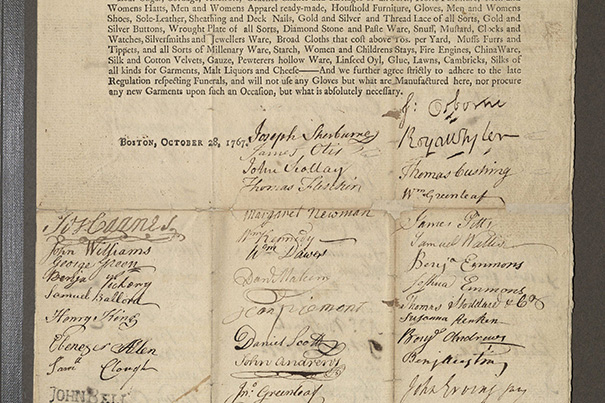
-
Studying the Civil War, finding shared values
High school students grapple with national issues by collaborating about Civil War themes to develop a new type of theater experience.
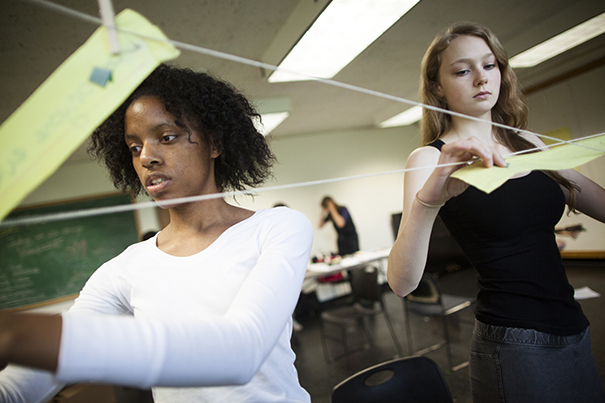
-
Every stitch of Hitch
In a summer retrospective, the Harvard Film Archive is presenting all of Alfred Hitchcock’s feature films and nine of his silent movies. Starting July 11, the series runs through Sept. 28.
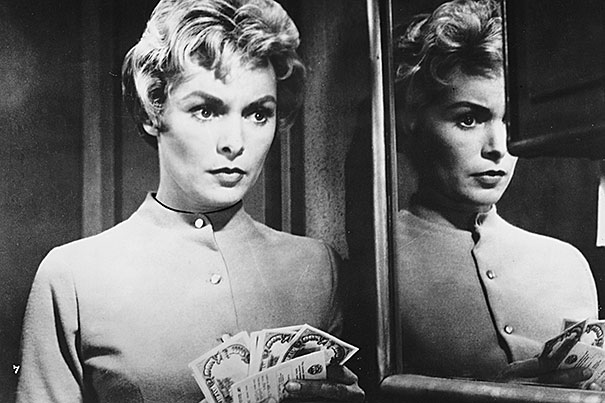
-
Time for a movie
A Harvard summer film series explores the tick and tock of time, and time travel too. Upcoming films include “Run Lola Run” on July 16, “Memento” on July 30, and “Primer” on Aug. 13. All films are shown at 7 p.m., Science Center Lecture Hall C.
-
Our signature 1776 revolutionary
Founding Father and patriot John Hancock, he of the famous signature, was also famed in his day as the Harvard treasurer who left town while managing the College funds — and returned them two years later.
